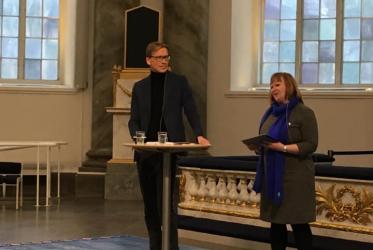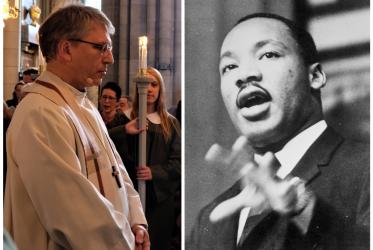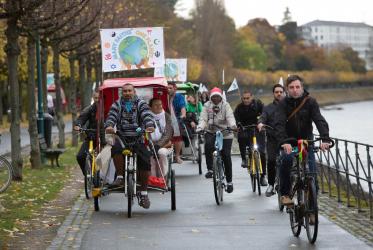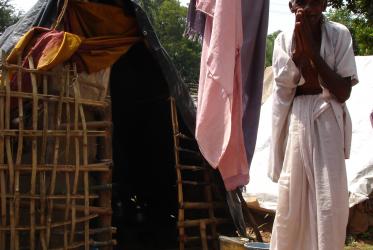Displaying 1 - 15 of 15
Ecumenism is a sense of belonging
08 February 2019
WCC Executive Committee envisions future for one ecumenical movement
08 November 2018
A vibrant movement ready for tomorrow’s challenges
04 November 2018
Unity, solidarity and hope at core of Ecumenical Weekend
04 November 2018
Looking back and ahead
31 October 2018
WCC and ACT Alliance Joint Day of Reflection on Ecumenical Diakonia and Sustainable Development
01 November 2018
Uppsala, Sweden
#WCC70: Nathan Söderblom, ecumenical pioneer
29 August 2018
#WCC70: Remembering Orissa
11 January 2018
Pilgrimage and youth
28 June 2016
Christians are called to be peacemakers and to build just peace
02 December 2014









